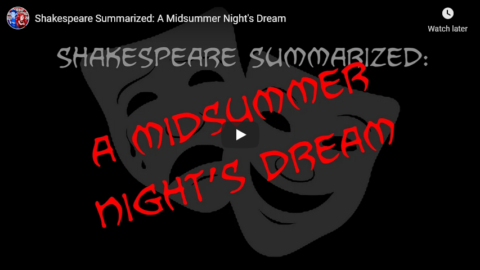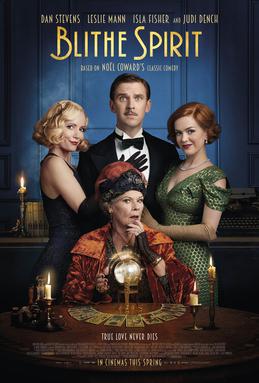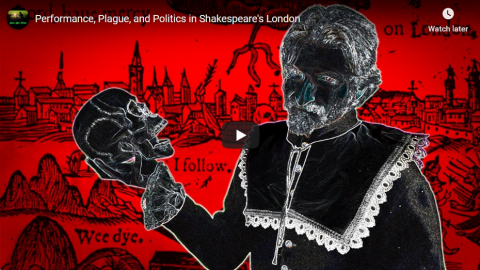Overly Sarcastic Productions
Published 9 Jul 2021He told the Athenians they were a disaster and they gave him a prize. Aristophanes wrote in the new Theatrical genre of Comedy during the golden age of Athens, and used his plays to viciously satirize Athenian society. They create a fabulously clear portrait of ancient Athenian life, and they have the corollary benefit of being funny as hell.
SOURCES & Further Reading: The 11 plays of Aristophanes, with particular focus on Clouds and Women at the Thesmophoria, Britannica’s “Aristophanes”, Crash Course Theater #2 & 4.
Partial Tracklist: “Sneaky Snitch”, “Marty Gots A Plan” Kevin MacLeod (incompetech.com)
Licensed under Creative Commons: By Attribution 4.0 License
http://creativecommons.org/licenses/b…Our content is intended for teenage audiences and up.
PATREON: https://www.Patreon.com/OSP
PODCAST: https://overlysarcasticpodcast.transi…
DISCORD: https://discord.gg/osp
MERCH LINKS: http://rdbl.co/osp
OUR WEBSITE: https://www.OverlySarcasticProductions.com
Find us on Twitter https://www.Twitter.com/OSPYouTube
Find us on Reddit https://www.Reddit.com/r/OSP/
From the comments:
Overly Sarcastic Productions
2 hours ago
While we’re here, one subject I cut for time is the relationship between “The Clouds” and the trial of Socrates.It’s commonly assumed that Aristophanes’ satire played a part in Athens’ decision to charge and ultimately kill Socrates, but that interpretation doesn’t really hold up to scrutiny.
The Clouds was performed over 20 years before Socrates’ trial. If the play had that strong an effect on Athens, we can assume Socrates would have been charged far sooner. And Plato’s own writings paint Aristophanes rather favorably — if Plato blamed Aristophanes for the trial, he does not make that obvious.
There IS one snide line in Socrates’ Apology that seems to a modern reader like it’s referring to The Clouds, but really we can’t be sure. Aristophanes was not the only comic playwright in Athens, and certainly not the only person who disliked Socrates. Did The Clouds contribute to a negative public perception of Socrates? Sure, in part, at least when it was performed in 423. But it’s faaar more likely that Socrates’ trial and death in 399 owe more to his persistent habit of being a Colossal Pain In The Ass to whomever he was speaking with.
Reading The Apology makes it clear that nobody had the power to make Athens hate Socrates more than Socrates.
-B















